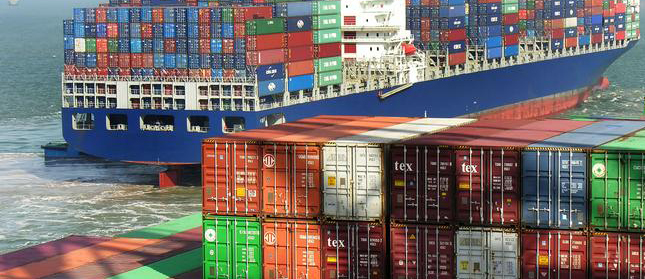The president of the Canadian Trucking Alliance today appeared before the House Standing Committee on Transport, Infrastructure and Communities to explain the implications of the acute truck driver shortage on Canada’s supply chain and how the government can help.
“There is an old saying in our sector you may be familiar with, which goes back decades – if you got it a truck brought it,” said CTA president Stephen Laskowski. “But, the truth is that during the pandemic – and even still today – there are people who didn’t ‘get’ what they need or when they needed it. It’s largely because we are short nearly 30,000 commercial truck drivers in Canada.
“The truck driver has always been one of the most critical, but unsung, contributors, to our national economy. Without drivers, trucks sit idle. If we want to help solve the supply chain crisis and help address inflation, we must deal with the truck driver shortage.”
Laskowski cited a Nanos Research poll from spring of 2022 in which nearly 100 percent of trucking executives surveyed identified the driver shortage as the biggest threat to our industry and the Canadian economy.
“As the government of Canada looks to address the supply chain crisis, we remind this committee that addressing the truck driver shortage effectively assists all sectors of the economy in dealing with the disruptions and logistical stresses many businesses are experiencing and the disastrous impacts of inflation.”
Laskowski ran down several solutions which could help alleviate the strain on the supply chain, namely improved access to immigration and training funding for truck drivers; as well as stamping out the Driver Inc scheme, which is used by some companies to abuse the labour rights of truck drivers while also siphoning tax revenue away from public programs and shifting it to the underground economy.
“CTA’s approach is reasonable and involves common-sense solutions that require no new legislation or special treatment for our sector, but is rather an extension of current practices, access to programs, tools and funds provided other sectors,” said Geoff Wood, CTA’s senior VP of Policy. “CTA stands ready to work collaboratively with the Government of Canada as our sector enters a very tenuous and critical time in its history.”


